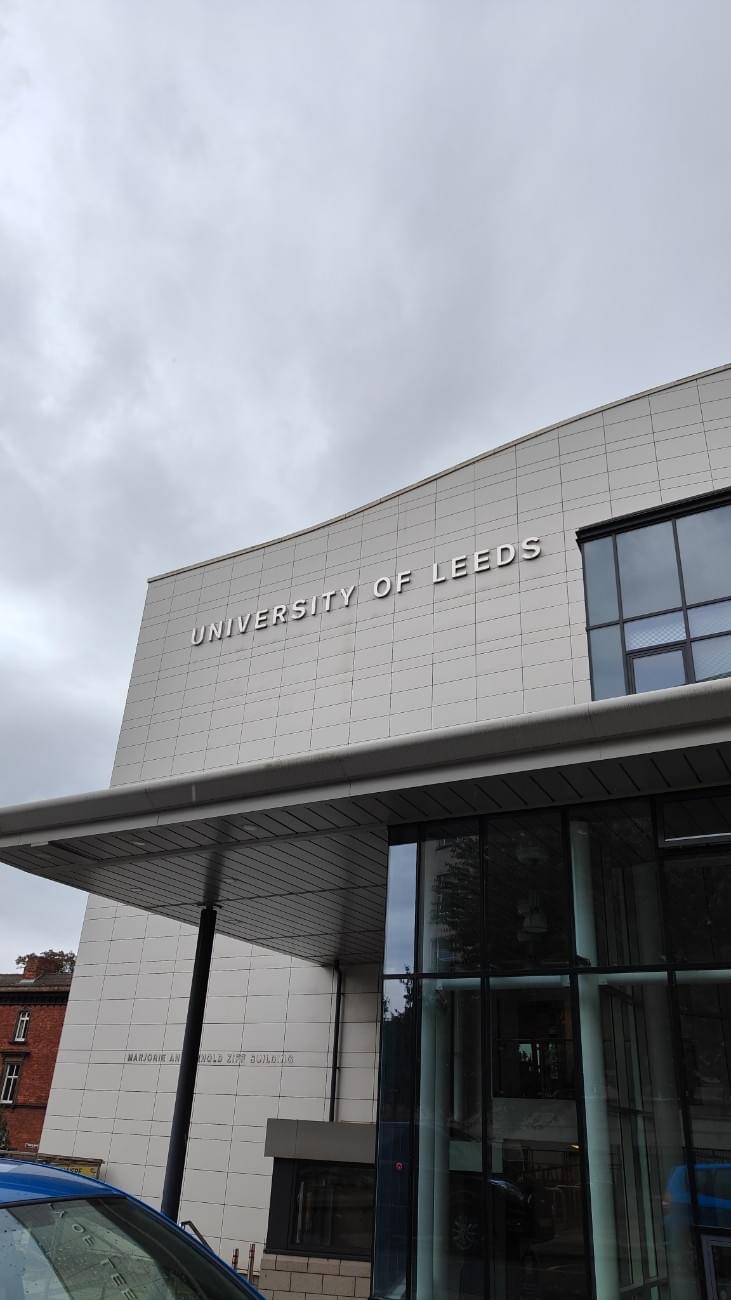What Students Say
Likes
- One thing I really liked about my course at the University of Leeds was the frequency of networking and workshop events available to attend in a one-year course. These events not only helped students to connect with faculty outside course but provided a great platform to learn more about the current job market with discussions on relevant openings and trends.
Dislikes
- On the flip side, one thing I did not like much about the course was the short duration which meant there was lesser time to get started with academics and life in a new country while simultaneously stressing about the job market with early applications. Ideally, I would have loved to see more personal skills and networking based tasks involved in the curriculum but understand the limitations in a one-year course.
Course Curriculum
- Syllabus was relatively updated and relevant to the current data market. No direct industrial exposure or research experience was provided but the same was tried to be incorporated within the set curriculum.
- Classes went on for 3-4 hours per day, varying based on the student's personal schedule for the week. Average number of students varied from 60 to 150 depending on the elective or course.
Admission Experience
- I chose the University of Leeds for my MSc in Data Science and Analytics due to several factors that I believed would be crucial. These were university rankings across engineering and data-based courses, followed by recruitment rates in the area for my field. After these, I liked that the short course had enough extracurricular options to make the master's more of an experience.
- Only the TOEFL score was required, with the rest being based on academic merit.
Faculty
- 1:50 was the faculty-to-student ratio (this changes depending on the courses and electives chosen). The faculty in general were extremely friendly and approachable, with each finding time in their schedules in case students needed any help.
- Few faculties that I thought were really passionate and understanding were Prof. Roy Ruddle from the Data department and Prof. Aritad from the Business School
Campus Life
- Campus life is rich with people from diverse cultures and backgrounds. Several spots on campus where you would find students hanging out especially in the amazing libraries spread across the campus.
- Many clubs and societies where you can get involved for free before making your choice for the year.
Part Time Jobs
- Students can find part-time opportunities that are either contract based lasting longer or sporadic, with one-off shifts that could be flexible. People earn around £11-£13 per hour with part-time roles. Maximum working hours in a week would be 20 hours on a student visa. A handful of students get an early chance to secure part-time on-campus teaching roles.
Placement
- Less than 25% of my graduating batch found jobs within 6 months of completing the course. Average salary of those who have secured roles would be around £30,000.
- With the lack of traditional campus placements, it is important to be proactive with applications by finding relevant job openings, making sure you have the right structure in documents such as CVs and cover letters, being active on networking sites like LinkedIn and learning by applying.
- Several sites like LinkedIn, TargetJobs, University Job Portal, and CV-Library are a few of the platforms I would recommend.
Accommodation
- I found my accommodation online with the help of sites such as reddit and google. Since I couldn't decide in time for on-campus accommodations, I had to pick a private one, but it did not make much difference, as most accommodations are pretty close to the campus. Rent was around £175 per week for a duration of a year.
Exams
- TOEFL
- Statement of Purpose
- Letter of Recommendation (3)
- CV
- Proof of Degree
Fees
- £27,500 is the fee




